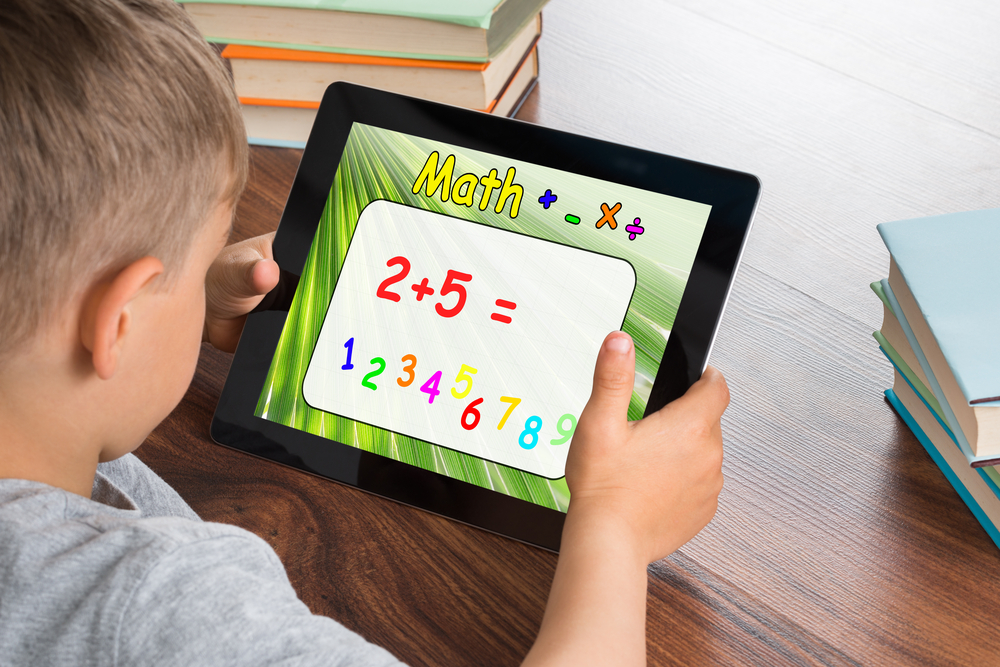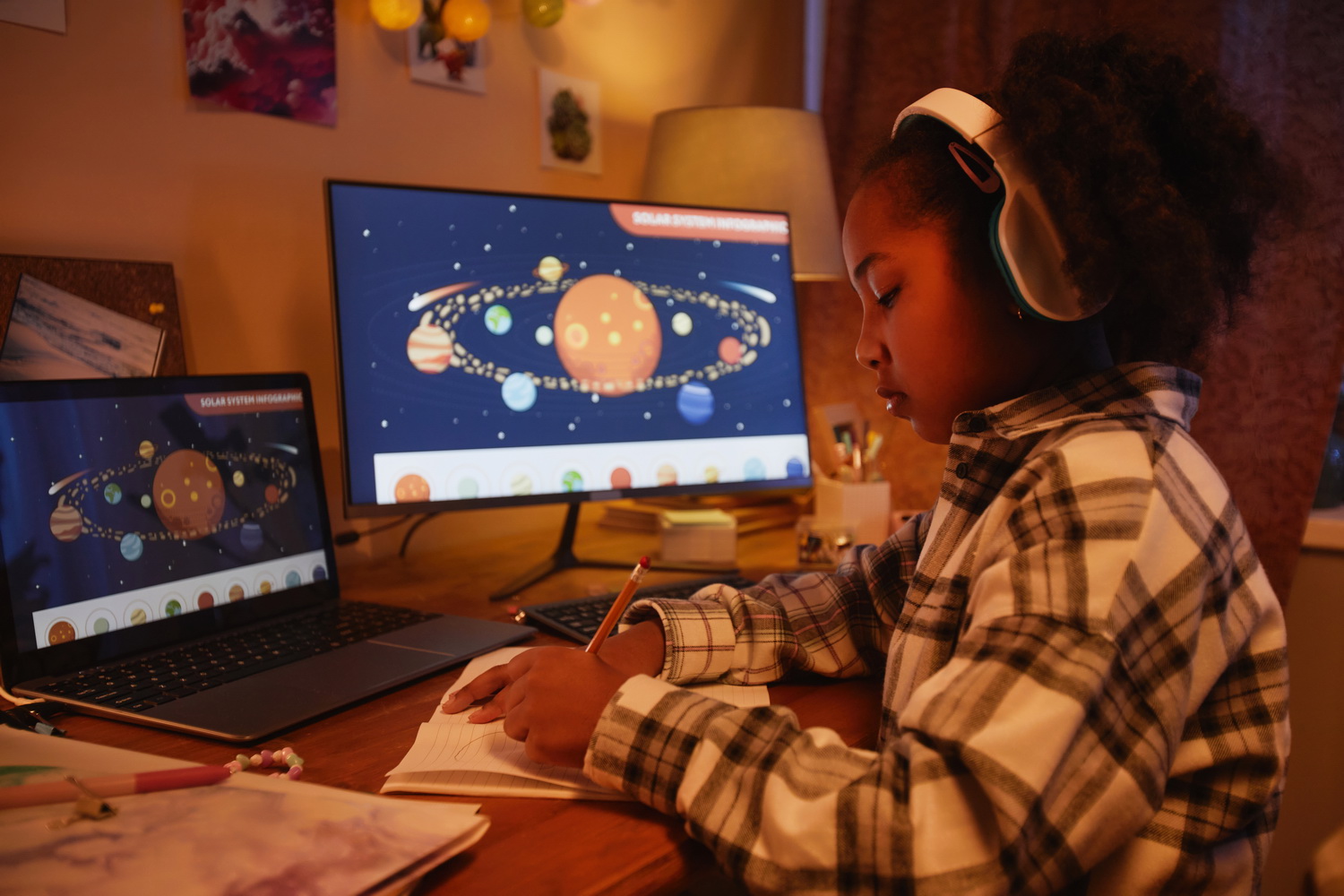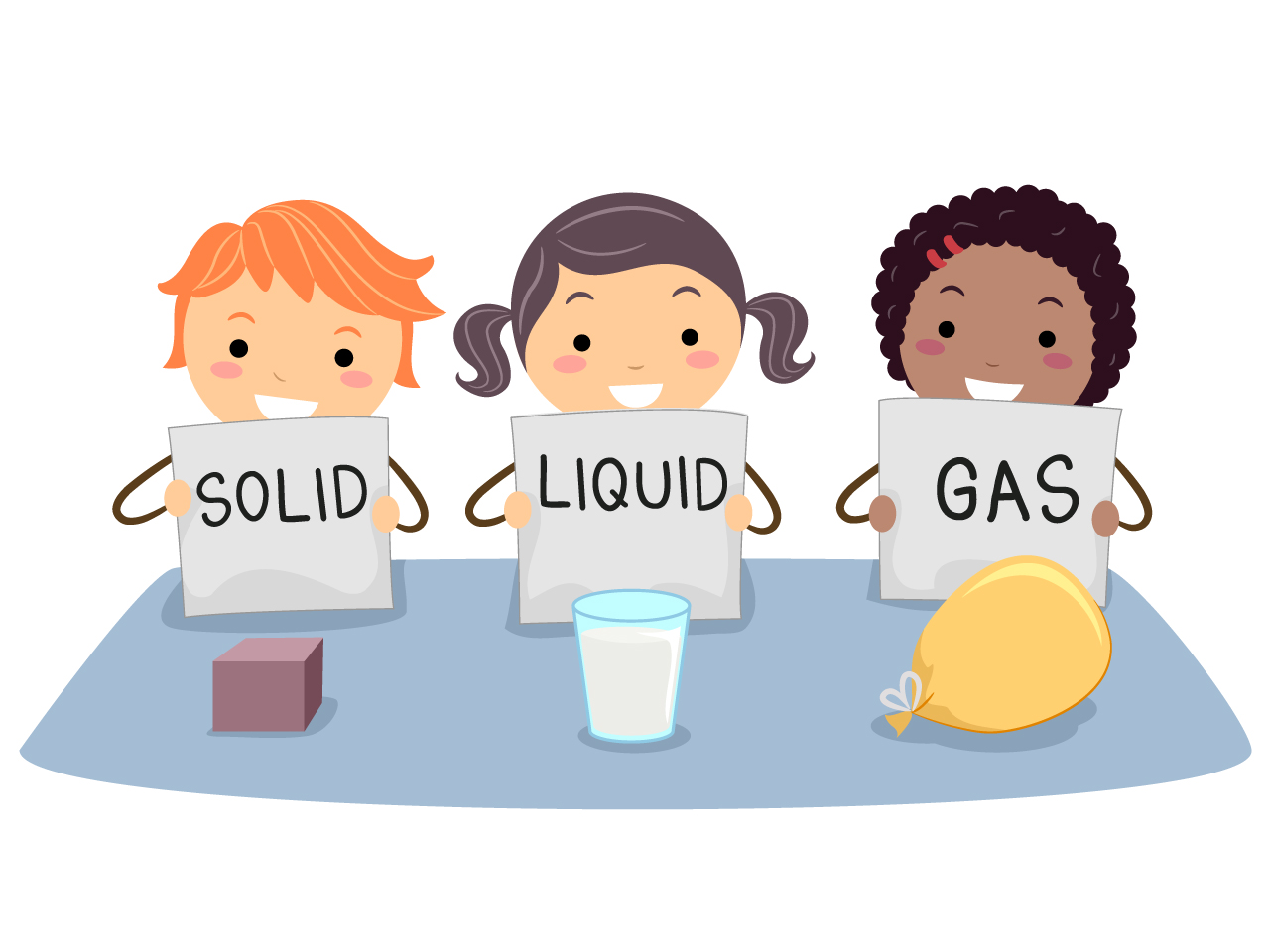5 Rules for Successful Science Adventures with Kids
Dec. 20, 2015
As we discussed in our previous blog post, teaching kids critical thinking skills brings some considerable advantages. Kids may grow up into smart adults that view problems as tasks to solve. For many of us teaching logics, or critical thinking, sounds rather challenging. Indeed, where do we start with? In this blog post we are going to offer you some principles to put to the core of teaching in order to achieve the expected results.
- Sound interesting and don’t lecture. The way you tell your kids about something, and the emotions you put behind it may either excite your child about the upcoming science adventure or put them off it. Children are unlikely to do something if it’s boring or mundane. So, trigger their curiosity!
- Move around. Children just cannot sit still. They are in constant motion and fiddle with things around them. The more information they get while moving around and handling things, the more they learn!
- Choose age appropriate topics. Your 5-year old will hardly understand complicated physics theories, but will enjoy painting with their hands and mixing colors.
- Use tools. Kids love gadgets and tools, if you have a chance to use them in your science adventure, please do. It will bring variety and fun!
- Use adult language. When you explain something, use the language you use with other adults. It will help your child enrich her vocabulary.
We hope you’ll make use of these simple rules and enjoy science experiments with your kids.


.jpg)








